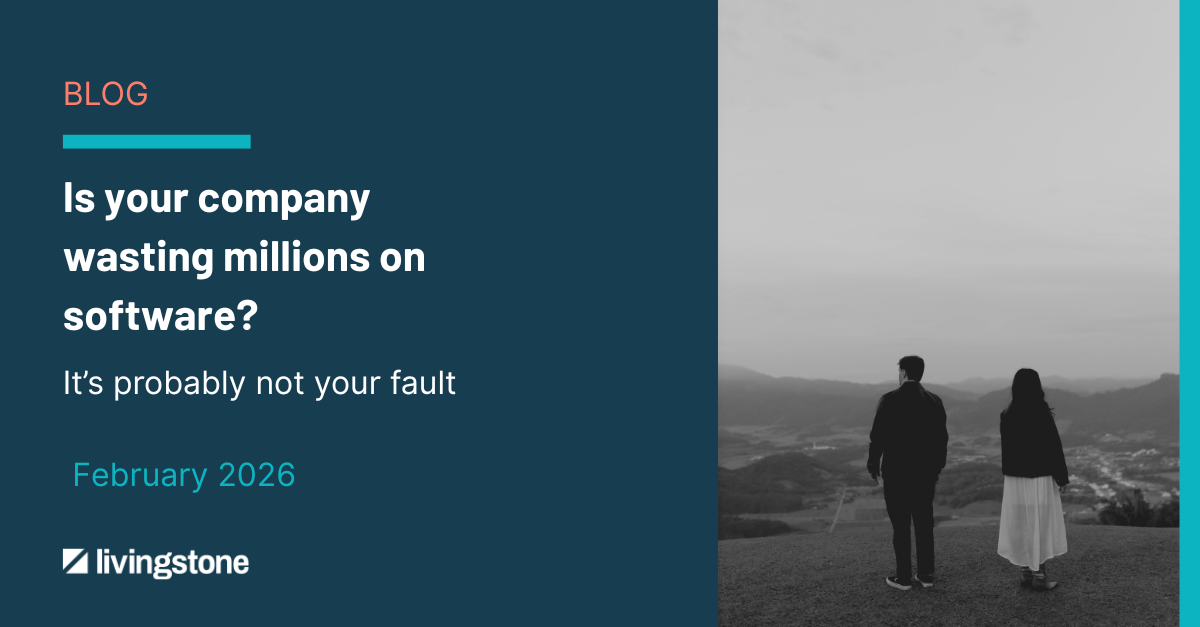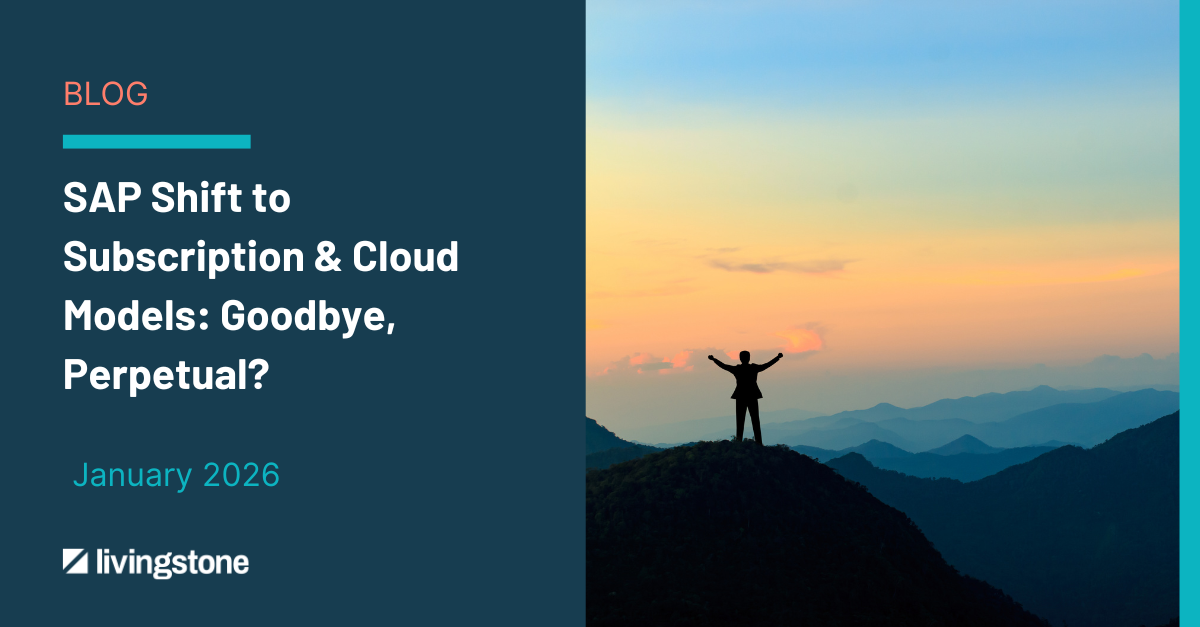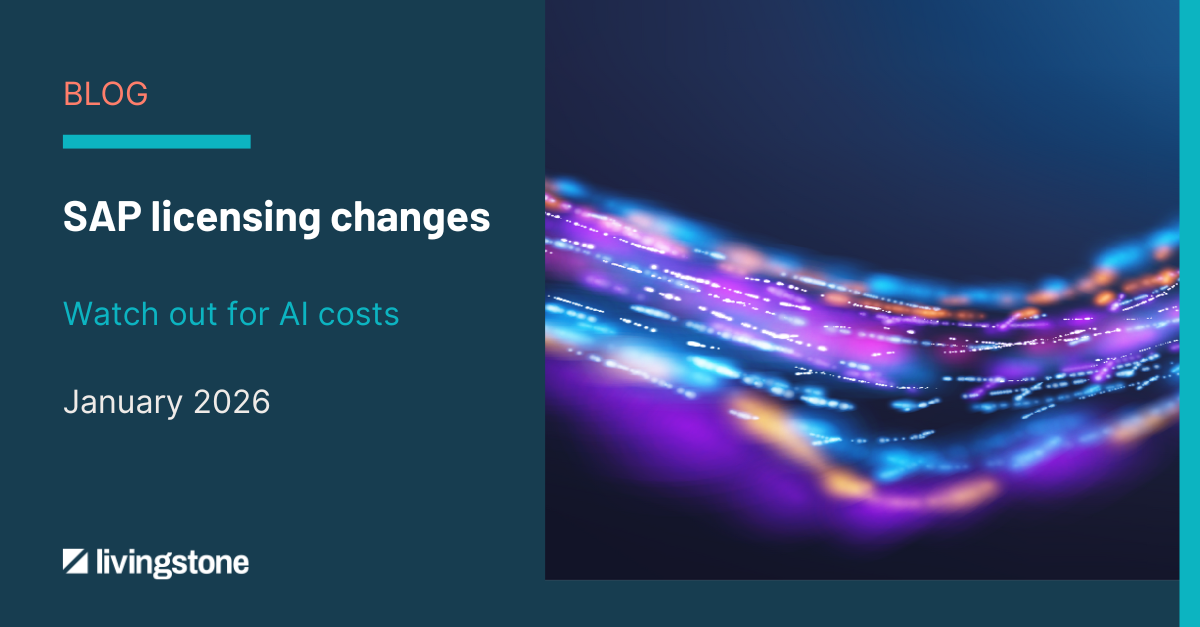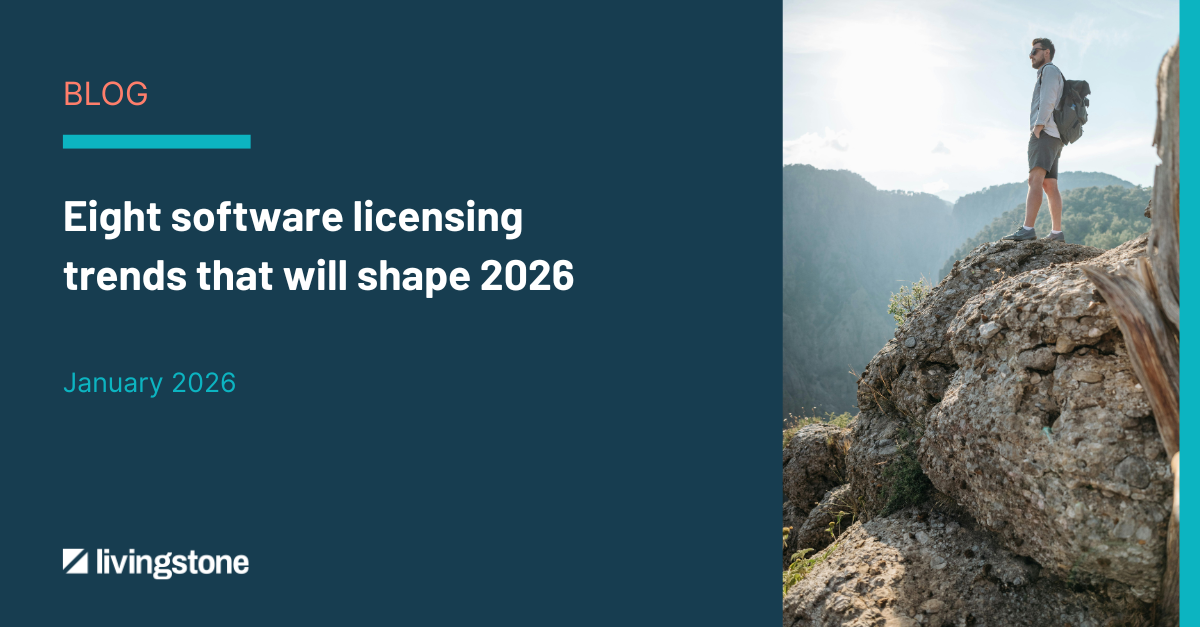
In this article we will be taking a look at the Oracle Database’s various editions and their main differences, both from a technical and a licensing perspective. Before we get into the details, let’s start off by understanding what a database is.
What is a database?
A database is a collection of data in electronic format which has been structured and organized to be used in a computer system. The main purpose of any database is to store and retrieve needed information in such a way that it makes using vast amounts of data easy and efficient. This is usually done through a Database Management System (DBMS), a piece of software that serves as the interface between the database and the users or other software programs that interact with the database.
What is the Oracle Database?
Oracle Database, or as Oracle refer to it as “the world’s leading converged, multi model data management system” is a relational database management system developed by Oracle back in 1979. It has since been improved and marketed over the years under many editions and versions, each with different capabilities, features and prices. One important thing to note is that the Oracle database is a proprietary software, which requires a license to use.
What are the current Oracle Database editions?
On-premises editions:
- Oracle Database Express Edition:
-
Technical considerations: it is an edition limited on the memory and processing power it can use, that also only allows up to 11 GB of data to be stored.
- Licensing considerations: it is a free entry-level edition of the Oracle Database unless upgraded to other editions.
-
- Oracle Database Personal Edition:
-
Technical Considerations: it includes all the components and options (aside from the Real Application Clusters) that are available with the Enterprise Edition. The Personal Edition does not include any of the Management Packs. It is only available on Linux and Windows platforms.
- Licensing considerations: it can only be licensed under the Named User Plus metric and allows a maximum of 1 Named User Plus per database. Management Packs cannot be used with this Edition.
-
- Oracle Database Standard Edition 2
-
Technical Considerations: The Standard Edition provides base functionalities for environments where Oracle Database Options and Management Packs are not needed. It is limited to allow use of a maximum of 16 CPU threads at any time.
- Licensing Considerations: Licensed based on number Sockets. Allowed on servers with a maximum capacity of 2 Sockets. Database Options and Management Packs not allowed except for Real Application Clusters. In case of user-based licensing, minimums are 10 Named User Plus per server.
-
- Oracle Database Enterprise Edition:
-
-
Technical considerations: Oracle’s main product, provides all the features and components of the Oracle Database. Its capabilities can be improved by various Options and Management Packs.
-
-
- Licensing Consideration: Licensed based on number of Cores. Options and Packs usages require separate licensing. In case of user-based licensing, minimums are 25 Named User Plus per Processor.
Cloud Editions – in Cloud we add two more editions alongside the Standard and Enterprise Editions, and we have a consumption-based pricing in a virtualized infrastructure.
- Oracle Database Standard Edition
- Oracle Database Enterprise Edition:
-
Included Packs: Data Masking and Subsetting Pack, Diagnostics Pack, Tuning Pack.
- Included Options: Real Application Testing.
-
- Oracle Database Enterprise Edition High Performance – further extends the Enterprise Edition included options and packs:
- Included Packs: Data Masking and Subsetting Pack, Diagnostics Pack, Tuning Pack, Database Lifecycle Management Pack, and Cloud Management Pack for Oracle Database.
-
- Included Options: Real Application Testing, Multitenant, Partitioning, Advanced Compression, Advanced security, Label security, Database Vault, OLAP.
-
Oracle Database Enterprise Edition Extreme Performance – supplements the High Performance Edition with additional options:
- Included Packs: Data Masking and Subsetting Pack, Diagnostics Pack, Tuning Pack, Database Lifecycle Management Pack, and Cloud Management Pack for Oracle Database.
- Included Options: Real Application Testing, Multitenant, Partitioning, Advanced Compression, Advanced security, Label security, Database Vault, OLAP, In-Memory Database, Active Data Guard, Real Application Clusters.
- Included Packs: Data Masking and Subsetting Pack, Diagnostics Pack, Tuning Pack, Database Lifecycle Management Pack, and Cloud Management Pack for Oracle Database.
Get Oracle Database licensing advice from Livingstone
Livingstone has been working with customers across the globe for years, helping them evaluate the Oracle license requirements and prevent non-compliance across vast, mixed environments, containing all kinds of Oracle products, including the various database editions and versions that exist.
Is your company sure about its Oracle compliance status and its adherence to the Oracle licensing rules? If not, contact Livingstone, we will help you.
Livingstone are Leaders in the Gartner Magic Quadrant for SAM Managed Services. Our team of optimization and negotiation specialists help organizations make every license count. Talk to us before signing a new software contract to ensure you are getting the best deal.
Learn more about Oracle licensing
We've collated Oracle-focused learning materials spanning Java, ULAs and more. Access them here.
About the Author
Doru Mihăilescu is a principal consultant at Livingstone. He has deep knowledge of Oracle having previously worked at Oracle as a global licensing and advisory lead.




